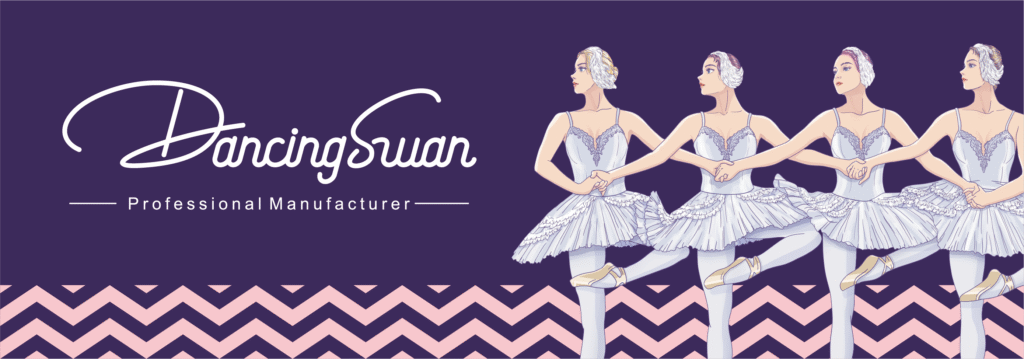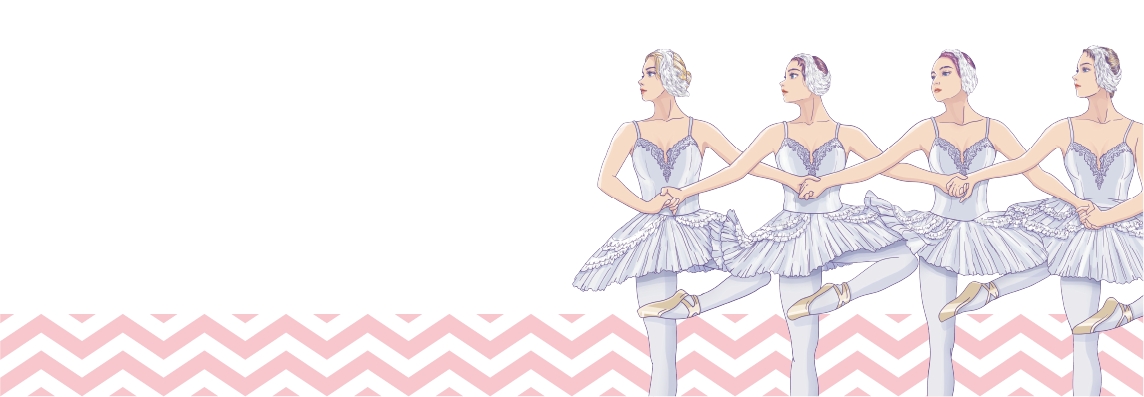Eyelash damage is a common concern that can result from various factors, including excessive styling, harsh makeup products, and environmental stressors. Whether caused by improper care, medical conditions, or aging, damaged lashes often appear brittle, thin, or sparse. Understanding the causes and implementing effective repair strategies is essential for restoring eyelash health and maintaining their natural beauty.
Many people experience eyelash damage without realizing the daily habits contributing to the problem. Aggressive makeup removal, poor-quality mascaras, and frequent use of eyelash extensions can weaken hair follicles over time. Addressing these issues early with nourishing treatments and gentle routines can prevent long-term lash thinning and breakage.
This guide explores expert-backed solutions to repair eyelash damage while highlighting preventative measures to keep them strong and full. Discover the best serums, natural remedies, and professional treatments to revive your lashes and enhance their natural resilience.
What Causes Eyelash Damage? Expert Insights & Common Culprits
Healthy, long lashes can enhance your natural beauty, but many factors—from daily habits to environmental stressors—can lead to eyelash damage. Understanding these causes can help you take better care of your lashes and prevent breakage, thinning, and loss. Here’s what experts say about the most common culprits.
1. Excessive Use of Eyelash Extensions
While eyelash extensions can give you a glamorous look, overuse or improper application can weaken your natural lashes. The adhesive chemicals and the weight of the extensions create stress on the hair follicles, leading to breakage and thinning over time. Experts recommend taking breaks between applications to allow your lashes to recover.
2. Harsh Makeup Removal
Vigorous rubbing when removing mascara or waterproof makeup can damage delicate lashes. Many makeup removers contain harsh ingredients that strip natural oils, leaving lashes brittle. Instead, use a gentle, oil-based cleanser and softly wipe lashes with a cotton pad or reusable makeup remover cloth.
3. Poor-Quality Mascara and Eye Makeup
Cheap or expired mascara can clump, flake, and pull out lashes during application or removal. Formulas with alcohol or parabens can also dry out lashes. Experts suggest choosing mascaras with nourishing ingredients like vitamins and natural waxes to keep lashes healthy.
4. Frequent Use of Eyelash Curlers
Mechanical eyelash curlers can provide instant lift, but excessive use—especially with dirty or old pads—can cause lashes to snap. Always check that the curler is clean, and avoid clamping too close to the roots to minimize tension on the hair shaft.
5. Nutrient Deficiencies
Just like hair, eyelashes need proper nutrition to grow strong. Deficiencies in biotin, vitamin E, and omega-3 fatty acids can contribute to lash thinning and shedding. A balanced diet with proteins, healthy fats, and essential vitamins can promote lash health from within.
6. Medical Conditions and Treatments
Certain medical conditions, such as blepharitis or thyroid imbalances, can lead to lash loss. Additionally, chemotherapy and some medications may cause temporary shedding. If you notice sudden changes in lash health, consulting a healthcare provider is essential.
7. Aging and Hormonal Changes
As we age, natural lash growth slows down, and hairs become finer due to hormonal shifts like menopause. Using conditioning serums with peptides can help stimulate follicles and maintain thickness over time.
8. Environmental Stressors
Pollution, UV exposure, and dry climates can weaken lashes by stripping moisture and causing oxidative stress. Wearing sunglasses and using a hydrating lash serum can provide protection against these external factors.
Conclusion
Whether it’s improper makeup habits, harsh styling tools, or biological factors, numerous elements can contribute to eyelash damage. By adopting gentler practices and nourishing your lashes with the right care, you can keep them fuller and healthier for longer. Always prioritize lash-friendly routines and seek expert advice if damage persists.
How to Prevent Eyelash Damage and Promote Healthy Growth
Maintaining healthy eyelashes requires a combination of gentle care and smart habits. Damaged lashes can be weak, brittle, or prone to falling out prematurely, but with the right approach, you can protect them and encourage stronger growth. Here’s how to keep your lashes in top shape.
1. Be Gentle with Your Lashes
Rubbing your eyes aggressively can cause eyelash breakage or fallout. Whether you’re removing makeup or just tired, treat the eye area delicately. Use a soft touch when washing your face or applying skincare products near your eyes.
2. Avoid Harsh Makeup Products
Some mascaras, eyeliners, and adhesives contain harsh chemicals that weaken lashes over time. Opt for formulas that are free from parabens, sulfates, and other irritants. Waterproof mascara, while long-lasting, can be especially drying—reserve it for special occasions.
3. Remove Makeup Properly
Sleeping with eye makeup on can clog hair follicles and lead to lash loss. Always use a gentle, oil-based cleanser or micellar water to dissolve makeup without excessive rubbing. Cotton pads or a clean spoolie brush can help remove stubborn mascara residue.
4. Use a Lash Serum
Lash serums infused with peptides, biotin, or hyaluronic acid can strengthen lashes and promote growth. Apply the serum along the lash line daily for best results. Look for clinically tested formulas to ensure safety and effectiveness.
5. Limit Eyelash Extensions and Falsies
While extensions and false lashes can enhance your look, frequent use can strain natural lashes. The weight of extensions and glue used for falsies may cause damage. If you use them, give your lashes breaks in between applications.
6. Eat a Lash-Friendly Diet
Healthy lashes start from within. Nutrients like biotin (found in eggs and nuts), omega-3s (in fish and flaxseeds), and protein support hair growth. Staying hydrated also keeps lashes and hair follicles nourished.
7. Avoid Excessive Heat
Curling your lashes can give them a beautiful lift, but using heated tools too often may weaken them. If you use an eyelash curler, make sure it’s clean and apply gentle pressure. Consider skipping heat tools on days when you’re not wearing makeup.
8. Be Cautious with Tightlining
Tightlining (applying eyeliner to the waterline) can sometimes block hair follicles, leading to slower growth or irritation. If you notice sensitivity or lash loss, try switching to a softer pencil or applying liner just above the lash line instead.
9. Massage Eyelids for Better Circulation
Gently massaging your eyelids with clean fingertips can stimulate blood flow to the hair follicles. A few seconds of light, circular motions daily may encourage healthier lash growth.
10. Consult a Specialist if Needed
If you experience excessive lash loss or irritation, consult a dermatologist or eye specialist. Underlying conditions like blepharitis or allergies could be affecting lash health.
By following these steps, you can minimize damage and create an environment where your lashes thrive. Consistency is key—healthy lashes are a result of long-term care!
Signs of Eyelash Damage and When to Seek Help
Your eyelashes play a crucial role in protecting your eyes from dust, debris, and other irritants. However, certain habits, environmental factors, or health conditions can lead to eyelash damage. Recognizing the signs early can help prevent long-term issues and maintain healthy lashes.
Common Signs of Eyelash Damage
Here are some key indicators that your lashes may be damaged:
- Excessive shedding: Losing a few lashes daily is normal, but clumps of lashes falling out may signal damage or an underlying condition.
- Thinning or sparse lashes: If your lashes appear shorter, finer, or fewer in number, it could indicate damage from extensions, harsh cosmetics, or health issues.
- Brittle or dry lashes: Lashes that feel rough, dry, or break easily may lack moisture due to excessive use of eyelash curlers or strong makeup removers.
- Redness and irritation: Inflamed eyelids or redness at the lash line could indicate an allergic reaction, infection, or excessive rubbing.
- Discoloration: Lashes that appear lighter or bleached might be exposed to harsh products or UV damage.
Causes of Eyelash Damage
Understanding what causes eyelash damage can help you take preventive measures:
- Overuse of extensions or falsies: Frequent application and removal can weaken natural lashes.
- Harsh makeup products: Waterproof mascaras and heavy eyeliner can dry out lashes and cause breakage.
- Poor removal techniques: Rubbing your eyes aggressively or using oil-based removers excessively can damage lashes.
- Medical conditions: Thyroid imbalances, alopecia, or blepharitis may contribute to lash loss.
- Aging: Lashes naturally thin with age due to reduced hair follicle activity.
When to Seek Professional Help
While some eyelash concerns can be resolved with home care, certain situations require a doctor’s attention:
- Sudden, unexplained lash loss in large amounts.
- Persistent redness, swelling, or pain around the eyes.
- Visible crusting, scaling, or sores near the lash line.
- Lash loss accompanied by hair thinning elsewhere (eyebrows, scalp).
- No improvement despite discontinuing harsh products or treatments.
If you notice any of these signs, consult a dermatologist or ophthalmologist for a proper diagnosis and treatment plan.
Tips to Prevent Eyelash Damage
To keep your lashes healthy, follow these simple practices:
- Be gentle when removing eye makeup—use a micellar water or gentle cleanser.
- Give your lashes breaks from extensions and heavy mascaras periodically.
- Moisturize lashes with natural oils like castor oil or coconut oil occasionally.
- Avoid rubbing your eyes to prevent mechanical damage.
- Stay hydrated and maintain a balanced diet rich in vitamins A, C, and E.
By being mindful of your lash health and addressing concerns early, you can maintain strong, beautiful lashes for years to come.
Best Treatments to Repair Eyelash Damage and Restore Fullness
Damaged eyelashes can result from excessive styling, harsh makeup removers, medical conditions, or aging. Fortunately, several effective treatments can repair lash damage and bring back their natural fullness. Below, we explore the best methods to restore healthy, beautiful lashes.
1. Hydrating Lash Serums
Lash serums enriched with peptides, biotin, and hyaluronic acid are among the most popular treatments for repairing and strengthening lashes. These ingredients nourish hair follicles, promoting growth and reducing breakage. Apply the serum daily along the lash line for best results over several weeks.
2. Castor Oil Treatment
A natural remedy, castor oil is packed with ricinoleic acid, omega-6 fatty acids, and vitamin E—key nutrients that moisturize and protect lashes. Use a clean mascara wand to apply a small amount before bedtime. Regular use will condition lashes and encourage thicker growth.
3. Conditioning Lash Masks
Eyelash masks provide deep hydration and repair damaged strands. These treatments often include keratin, plant extracts, and vitamins to restore elasticity and prevent brittleness. Apply weekly for softer, more resilient lashes.
4. Prescription-Strength Treatments
For significant lash loss or thinning, FDA-approved treatments like bimatoprost (Latisse®) can stimulate growth. These solutions work by extending the growth phase of eyelashes but require a doctor’s prescription and consistent application for 2–3 months.
5. Gentle Makeup & Removal Habits
Switching to non-irritating mascaras and avoiding waterproof formulas can prevent further damage. Use oil-based removers instead of harsh rubbing to cleanse lashes gently. This helps maintain their integrity over time.
6. Lash Lift & Tint
A semi-permanent lash lift enhances natural lashes by curling them, while tinting adds depth and definition without extensions. This low-maintenance option doesn’t require daily mascara, reducing stress on delicate lashes.
7. Professional Lash Extensions (With Caution)
While extensions add instant volume, improper application can weaken natural lashes. Opt for lightweight synthetic or silk extensions applied by a certified technician. Ensure regular fills and avoid pulling to minimize damage.
Final Tips: Be patient—lash repair takes time. Combining treatments with a healthy diet rich in proteins, vitamins, and minerals will further enhance results. Always patch-test new products to avoid irritation.

